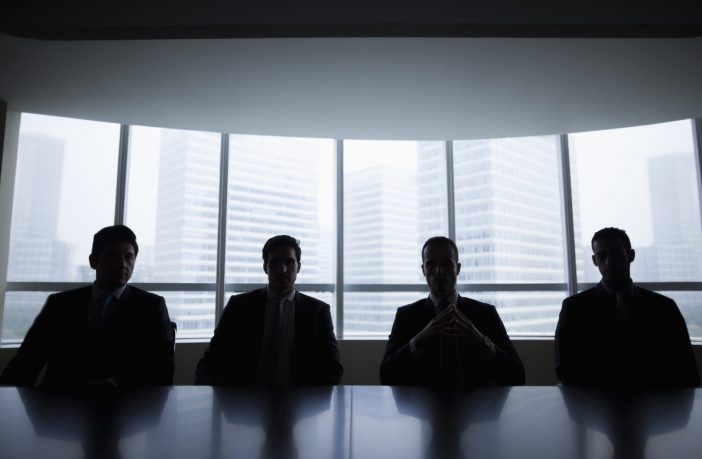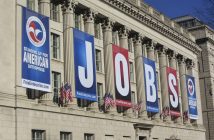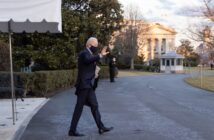The wailing and gnashing of teeth in the tech sector is a strong indication that the Trump administration’s suspension of H-1B visas hit home.
Jessica Herrera-Flanigan, Twitter’s head of “public policy and philanthropy for the Americas,” spoke for many industry executives when she declared, “This proclamation undermines America’s greatest economic asset: its diversity.”
“Diversity,” translated from tech-speak, means the continual importation of lower-paid computer programmers hired and chained to their desks through so-called Indian body shops. For all its virtue signaling, the sector’s only movement toward diversity in the past five years has been even more hires from the Asian continent (which encompasses India).
Contrary to claims of industry lobbyists, tech workers arriving on H-1B “skilled” visas are not some exotic breed unavailable in the U.S. workforce. The assertion that they are essential to this country’s economic recovery is, well, anti-American.
“The people we’re talking about are doing routine IT jobs,” said Roger Ross, a policy adviser for U.S. Tech Workers. “There is no shortage of qualified American workers for these positions, but H-1B workers are essentially indentured, and they’re paid less. They’re not the best and brightest.”
In addition to freezing H-1B visas (and dependent H-4 visas) through 2020, President Trump’s proclamation lays the groundwork for much-needed reform. His directives aim to force tech companies to look first to American workers and raise wages for the foreign workers they still hire.
Until now, H-1Bs have been issued by lottery; 85,000 slots were filled from a pool of 225,000 applications last year. Going forward, Trump directed his administration to tighten the rules so companies can’t oust Americans and then replace them with H-1B visa holders to do the same job. The Labor Department said it will begin investigating complaints of companies that abuse the program.
Federal guidelines stipulate that the H-1B program should not “adversely affect the wages and working conditions” of Americans. But, in reality, employers use H-1B workers to displace Americans.
Most employers aren’t required to show that they have advertised a job to Americans and that there are no qualified Americans available before hiring an H-1B worker. According to reports, companies ranging from Disney to the electric utility Southern California Edison to the coronavirus test producer Abbott Labs have replaced U.S. workers with H-1B imports at lower salaries.
Under a reformed program, “Employers would actually have to ask themselves how much do I really want this foreign worker, as opposed to hiring an American worker,” said Rosemary Jenks, director of government relations at NumbersUSA, a Washington-D.C. group that advocates for lower immigration levels.
While the proclamation suspends entry into the U.S. via H-1B, it exempts current and prospective international students here on F-1 visas. These students (and graduates) remain eligible for employment through the Optional Practical Training program, which remains unaffected.
Seeking further reforms, some lawmakers have proposed blocking issuance of H-1Bs to outsourcing firms that bring in employees, primarily from India. The largest of these body shops, Tata Consultancy Services and Infosys, consistently receive more H-1Bs than even the largest U.S. tech companies.
“H-1B is nothing more than an ‘India Treaty Work Visa’ program,” asserts U.S. Tech Workers. “Seventy-five percent of H-1Bs go to Indian nationals, and the top 10 users of H-1Bs are outsourcing firms.”
The Trump administration’s proclamation is a large and laudable first step toward reining in the H-1B program. It’s clear that more work lies ahead.




